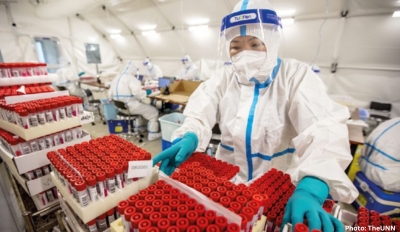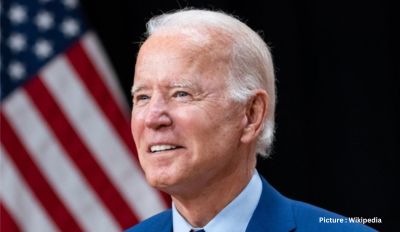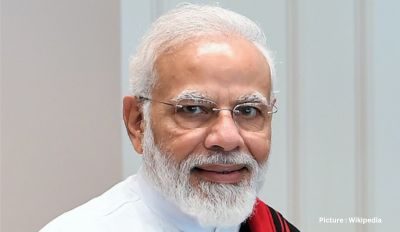President Biden made a significant announcement on Friday, revealing that the United States will be implementing more than 500 new sanctions directed at Russia. This action comes as a response to multiple factors, including the two-year anniversary of Russian President Vladimir Putin’s order for a full-scale invasion of Ukraine and the recent passing of Russian opposition figure Alexei Navalny.
Biden emphasized the necessity of holding Putin accountable for his actions, stating, “If Putin does not pay the price for his death and destruction, he will keep going.” The president underscored the potential consequences for the United States and its allies if such actions are left unchecked.
The sanctions are part of a broader strategy involving the U.S. and its international partners to exert pressure on Putin’s ability to continue military aggression in Ukraine. These sanctions are complemented by various forms of support, including military, economic, and humanitarian aid, aimed at bolstering Ukraine’s defense against Russian forces.
The new sanctions package will encompass measures targeting individuals associated with Navalny’s imprisonment, as well as elements of Russia’s financial sector, defense industry, procurement networks, and entities evading sanctions globally. Moreover, the U.S. will implement close to 100 export restrictions, preventing the shipment of certain items to Russia, with a clear warning to exporters regarding potential sanctions for facilitating such deliveries.
President Biden also highlighted plans to impact Russia’s energy profits while pledging increased support for civil society, independent media, and advocates for democracy worldwide.
Furthermore, Biden urged lawmakers to pass a $95 billion national security supplemental bill, with a significant portion allocated to supporting Ukraine, primarily through funding for U.S. weapons production to replenish supplies already sent to the country. He stressed the urgency, stating, “Ukraine needs more supplies from the United States to hold the line against Russia’s relentless attacks.”
Despite these efforts, Russia has displayed resilience against sanctions, maintaining control over roughly 20 percent of Ukrainian territory for the past two years, including territories seized in 2014. The conflict has resulted in significant casualties on both sides, with Russian forces reportedly outnumbering and outmatching Ukrainian counterparts.
Putin’s strategy appears centered on testing the resolve and unity of Western and democratic nations supporting Ukraine. Recent gains by Russian forces, such as the capture of the Ukrainian city of Avdiivka, serve as propaganda victories for Moscow but come at a high cost in casualties.
The passing of Navalny, a vocal critic of Putin, further underscores the Kremlin’s suppression of dissent and opposition to its objectives in Ukraine. President Biden, echoing Navalny’s supporters, squarely blamed Putin for the opposition leader’s death.
Biden reiterated the importance of maintaining a unified front among Western nations, emphasizing the need to stand firm against Russian aggression. He pledged continued engagement with leaders from the Group of Seven (G-7), NATO, and the European Union to address these pressing issues.
The death of Navalny marks a significant loss for those advocating for political change in Russia. Despite facing imprisonment and assassination attempts, Navalny remained a symbol of resistance against corruption and authoritarianism in Russia.
Navalny’s passing, occurring under suspicious circumstances in a Russian penal colony, has drawn condemnation from around the world, with Biden joining voices attributing responsibility to Putin.
President Biden’s announcement of new sanctions against Russia reflects ongoing efforts to pressure Putin’s regime in response to its actions in Ukraine and the suppression of dissent domestically. The measures underscore the broader geopolitical tensions and the continuing struggle for democracy and human rights in the region.









